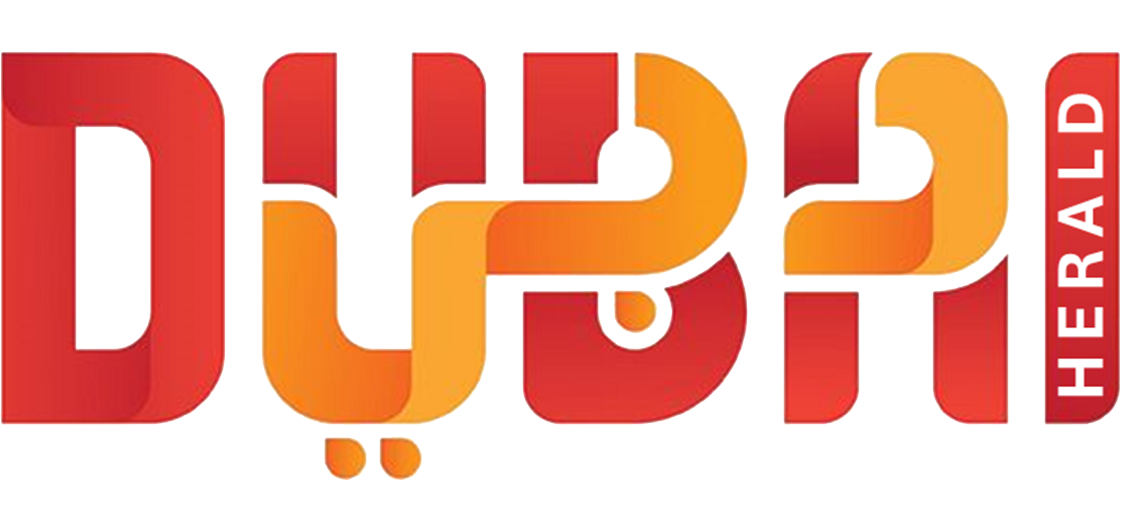Recent reports reveal that Google has introduced a new tool capable of generating AI-authored articles, and to test its capabilities, the tech giant is allegedly compensating small news outlets to publish content produced by the tool. Adweek has purportedly gained access to internal documents outlining Google’s beta program, which grants select small news organizations access to the AI writing technology.
Under the terms of the arrangement, participating publications are required to utilize Google’s generative AI program to produce a minimum of three articles per day, one newsletter per week, and one marketing campaign each month over the span of a year. In return, these news outlets receive a monthly stipend, totaling a five-figure sum after 12 months. The initiative is said to be part of the Google News Initiative (GNI), established in 2018 to furnish news outlets with technological resources.
According to Adweek’s findings, the solicitation of applications for the program began in October, with the selection of participating publications occurring in January and the official launch of the beta program in February.
Participating publishers are reportedly tasked with curating a list of websites and outlets that publish content relevant to their own. When these websites release new articles, they appear on a dashboard, enabling the participating publisher to select articles for summarization by Google’s AI in a news story format.
Subsequently, a human editor reviews the AI-generated content before publication, although there is purportedly no requirement to disclose that the content was authored by AI.
The emergence of this alleged program raises concerns within the journalism industry, particularly regarding job security amidst the potential displacement by AI. Additionally, it poses ethical questions for the original content providers, as their material may be utilized without explicit permission.
In response to inquiries, a Google spokesperson emphasized that the experimental tool is intended to assist small, local publishers in producing high-quality journalism using factual content from public data sources. The spokesperson reiterated that publishers retain full editorial control over the content published on their sites, emphasizing that these AI tools are not designed to replace the essential role of journalists in reporting, creating, and fact-checking articles.

